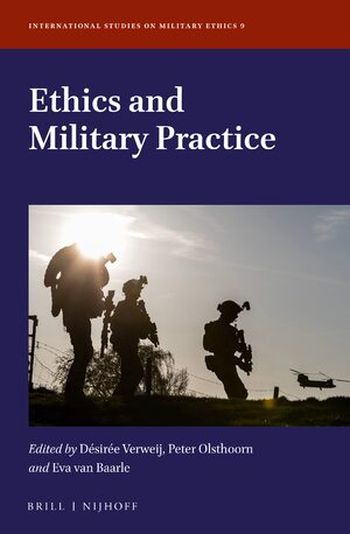
Democratic societies expect their armed forces to act in a morally responsible way, which seems a fair expectation given the fact that they entrust their armed forces with the monopoly of violence. However, this is not as straightforward and unambiguous as it sounds. Present-day military practices show that political assignments, social and cultural contexts, innovative technologies and organisational structures, present military personnel with questions and dilemma's that can have far-reaching consequences for all involved - not in the last place for the soldiers themselves. A thorough training and education, in which critical thinking is developed and stimulated, seems therefore a necessary condition for morally responsible behaviour. This book aims to contribute to this form of 'reflective practitioning' in military practice.